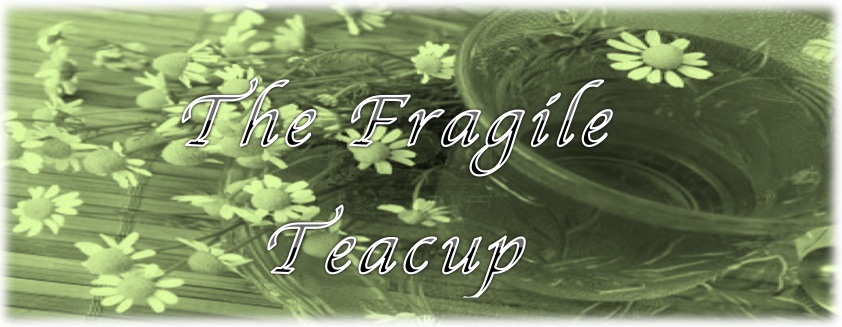- Addicts remember their first experience -- With John, it was when he was thirteen-years-old and went to a party at his friend's brother's house. He downed two Budweiser tall boys and got thoroughly wasted. In that experience, there was no moment of regret, no wishing he hadn't drank a beer. Nor did he seek out alcohol. But when the opportunity arose, every time, he took advantage of it. My husband remembers his first experience like it was yesterday. His father gave him "the sex talk" and a dirty magazine to go along with it.
- Moment of clarity -- When an addict is committed to recovery, he/she will experience what some refer to as the moment of clarity. It's when they finally see that the pain is outweighing the pleasure. It's hitting rock bottom. It's finally seeing all the damage an addict has left in his/her wake. For John, that moment of clarity came through after his second DWI. He was three times over the legal limit and sent to rehab, where he finally had to detoxify his system. My husband's moment of clarity came when he attended a men's conference at a local church. He'd been in recovery for a couple of months, but when the pastor leading his small group pointed out the issues facing men today, he saw not only that he wasn't the only one, but that the change in his life had to be real and with Christ's help.
- The Fog -- When addicts are in the depths of their addictions this is when they are immersed in The Fog. An addict can't see that the addiction is real. They create a false sense of reality and in this false sense of reality the lying takes center stage. They learn to cover up the addiction and hide it as much as possible. If someone in the addict's life says he/she is an addict and they need to go to recovery, then unless that addict is really wanting it (i.e. meaning the fog has lifted and clarity comes through) the rehab or recovery will never pan out. The addict has to want recovery for himself.
- Every addict has an addiction that they prefer -- John said he'd done more than drink (at the peak of his addiction he would put away fifteen or more full-sized hard liquor drinks a day, then tie a few extra on at night). He had his days with cocaine and meth, but he said if you lined up all the abusive substances he'd ever consumed, he would choose the glass of liquor every time. Same goes for my husband.
- Relapse gets more painful with each one -- Relapses happen, but according to John, the further down the road an addict is toward recovery the worse each relapse gets. After seven years of never touching a drink, John slowly lost his grasp on recovery. He thought he didn't need the groups or meetings and that he could do this thing on his own. That's when he took a drink. And as he described it, it was wonderful. It was the high he missed more than anything, but it eventually sent his house of cards tumbling to the ground. The Fog descended once more. When his wife found his bottle of liquor hidden in one of his suitcases, he was kicked out. It hurt him to hurt her, but he knew that he was the one who had to get his life back on the right track.
- Recovery groups work and are imperative in the recipe for recovery -- Pain has to exceed pleasure, John says. The steps (step studies) in recovery coupled with his relationship with God is what has kept him eight years sober. He says that step studies are an absolute need for any addict wanting to shed his/her addiction. But once in a recovery group, always in a recovery group. John knows that he could never leave. He can't go at this thing alone, no addict can, but now that he's found a place in his life where God is in control, he's going to stay there.
- Never want to repeat the past -- Although John calls himself a grateful alcoholic (meaning what's happened in his life had a purpose -- for the past eight years he and his wife, who is also a recovered alcoholic, have run one of the largest recovery groups in my city of residence) he would never want to repeat his past. There's just to much pain in all of that.
*Names have been changed in order to protect the identity of the individuals.


